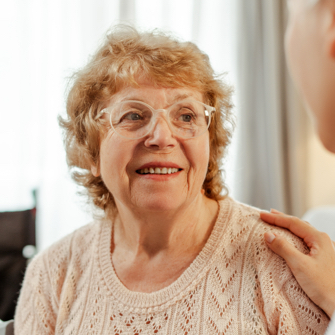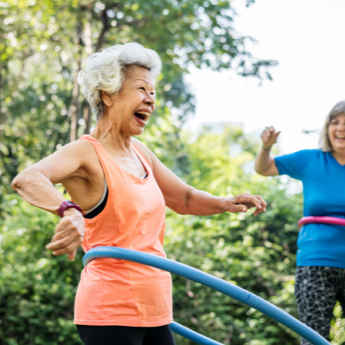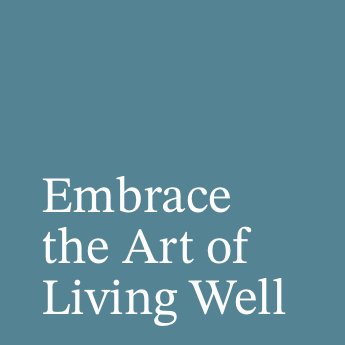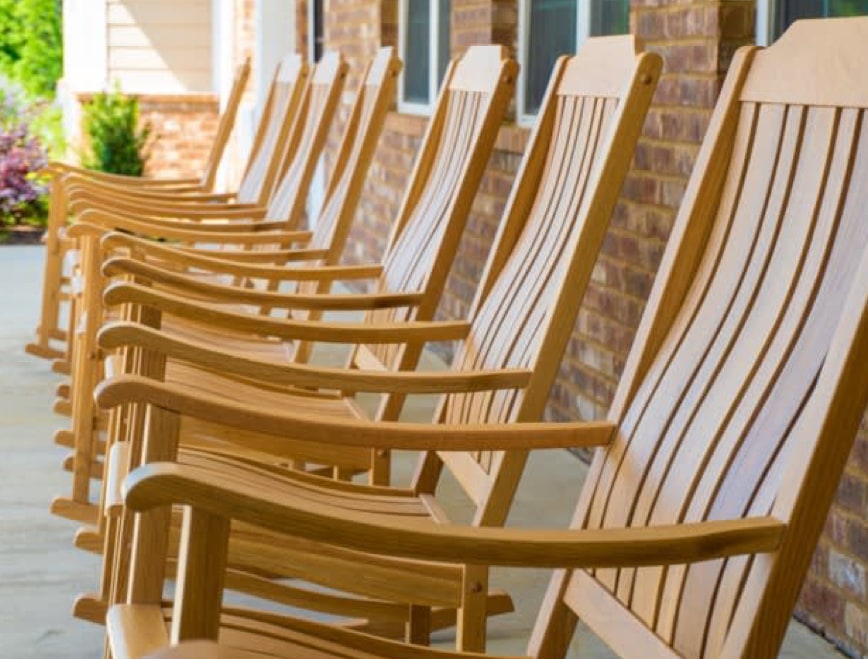As parents get older, they naturally have different levels of independence. Senior care professionals measure how independent an individual is by looking at “activities of daily living” (ADLs).
Activities of daily living are the tasks your mom or dad needs to be able to do on their own to live independently. If your parent isn’t able to do the ADLs without assistance from another person or mechanical assistance, they might benefit from the extra help that an assisted living community provides.
The 6 different basic activities of daily living are:
- Ambulating
- Feeding
- Dressing
- Grooming
- Continence
- Toileting
Senior care communities like Harpeth at Harmony Hills provide your mom or dad with any help they need to look after themselves.
Why Are Activities of Daily Living Important For Senior Independence?
Activities of daily living are things that every person, no matter their age, has to be able to do on an everyday basis to maintain their health. That also means that if your mom or dad can’t do one or more activities of daily living on their own and doesn’t have someone to help them, their health and quality of life will suffer.
If it looks like your parent is having trouble doing one or more activities of daily living on their own, it’s very important to make sure they get the support they need, like mechanical assistance or an in-home caregiver. If they have trouble with multiple ADLs, it might be time to consider whether their needs would best be met in a personal care community.
Basic Activities of Daily Living (ADLs)
Activities of daily living are divided into two categories: basic activities of daily living (called ADLs for short, or sometimes bADLs), and instrumental activities of daily living (IADLs). The National Institutes of Health list the 6 basic ADLs as ambulating, feeding, dressing, personal hygiene or grooming, continence, and toileting.
Ambulating
Ambulating means being able to move from one place to another independently. It’s also sometimes called “functional mobility” or “transferring”. Ambulation doesn’t just mean walking from place to place—it also includes a person’s ability to sit in and stand from a chair and get in and out of bed.
Feeding
In this context, “feeding” means being able to feed oneself—transferring food or drink from the table to one’s mouth and swallowing it—without help.
Dressing
Dressing means whether your parent is able to both select appropriate clothes and put them on without help.
Personal Hygiene/Grooming
Personal hygiene is a person’s ability to bathe themselves, take care of their teeth (brushing and flossing), and groom their hair and nails.
Continence
Continence is a person’s ability to control their bladder and bowel function—”holding it” when they aren’t near a restroom.
Toileting
Toileting is a person’s ability to use the toilet and clean oneself appropriately afterward.
Instrumental Activities of Daily Living

According to the National Institutes for Health, instrumental activities of daily living (IADLs) are another group of activities that measure how well people can live independently in their community.
Instrumental activities of daily living include transportation and shopping, managing finances, shopping and meal preparation, housecleaning and home maintenance, managing communications with others, and managing medications.
Unlike basic ADLs, your mom or dad won’t always have to do every IADL every day, but IADLs are important parts of independent life. Seniors who have trouble doing instrumental ADLs on their own will ask others for help, like cooking for them or helping them clean the house, more often than they ask for help with basic ADLs.
Fortunately, at Harpeth at Harmony Hills, we can help with all of these activities. Our staff will offer cooked meals, tidy up, and provide transportation for whatever errands your mom or dad needs to run.
How We Can Help
At Harpeth at Harmony Hills, we understand how important the activities of daily living are for your parent to be able to maintain their health, quality of life, and independence. Our staff will do our best to make sure your loved one is cared for while giving them as much freedom as possible. Contact us today to see how we can help you!

















